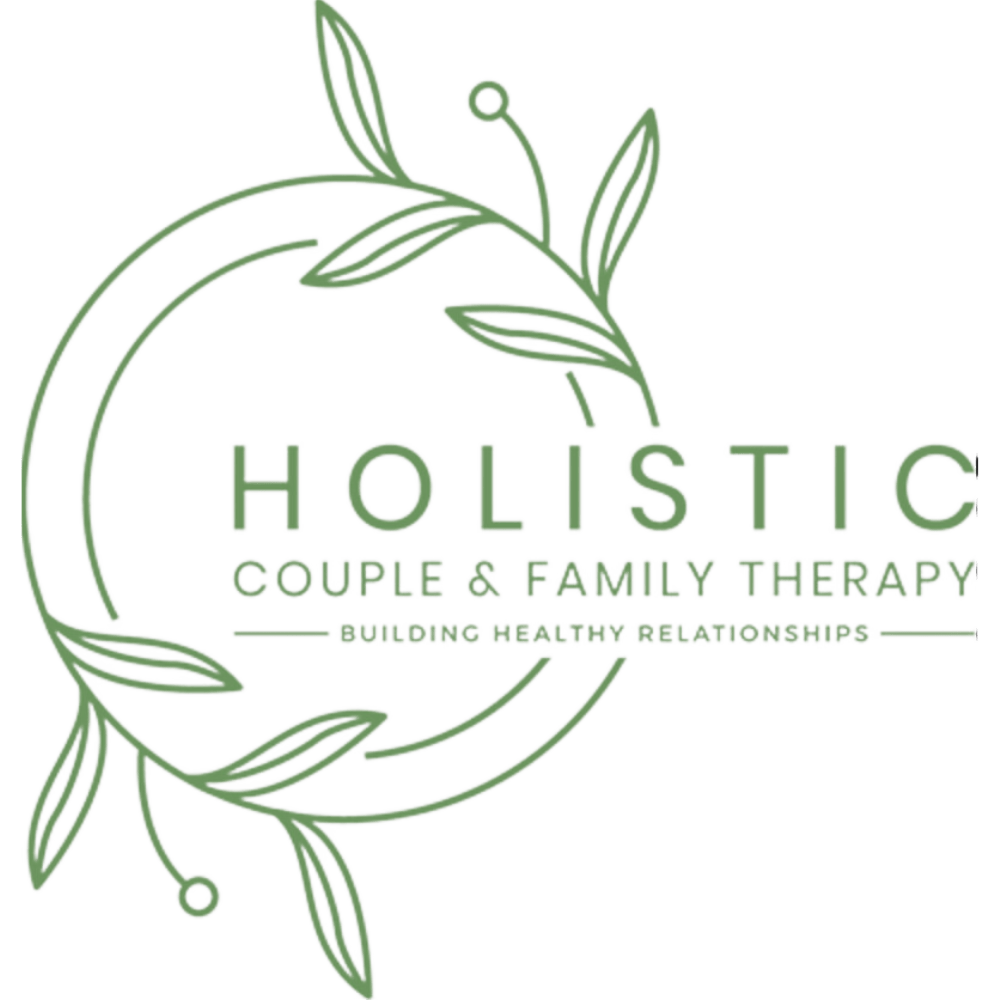Existential dread, also known as existential anxiety or existential anguish, is a profound and often overwhelming sense of apprehension or dread about the meaning, purpose, and significance of life. This form of anxiety is deeply rooted in philosophical concerns about existence, mortality, freedom, and the inherent uncertainties of human life. Unlike more conventional forms of anxiety, existential dread isn’t triggered by specific events or immediate dangers but by broader, more abstract considerations about the nature of existence itself.
Understanding Existential Dread
To fully grasp what existential dread entails, it’s essential to explore its roots in existential philosophy. The term “existential” stems from the works of existentialist thinkers such as Søren Kierkegaard, Friedrich Nietzsche, Jean-Paul Sartre, and Martin Heidegger. These philosophers explored themes like individual freedom, choice, responsibility, and the inherent meaning—or lack thereof—of life.
Existential dread arises when individuals confront the stark realities of their existence. Common triggers include:
- Awareness of Mortality: The realization that life is finite can lead to a deep sense of dread. This awareness often emerges during significant life transitions, such as the loss of a loved one, a major illness, or simply the process of aging.
- Search for Meaning: Many people struggle with questions about the purpose of their lives. The absence of clear answers can lead to feelings of emptiness and despair, fueling existential dread.
- Freedom and Responsibility: The realization that we are free to make choices—and therefore responsible for the consequences—can be overwhelming. This freedom can feel like a burden, leading to anxiety about making the “right” choices in life.
- Isolation and Alienation: The sense of being fundamentally alone in the universe, despite social connections, can contribute to feelings of existential dread. This is often linked to the idea that no one else can fully understand or share in our personal experience of existence.
Symptoms of Existential Dread
Existential dread can manifest in various ways, both mentally and physically. Some common symptoms include:
- Persistent Anxiety: A pervasive sense of unease that lingers even when there is no immediate threat or danger.
- Depression: Feelings of sadness, hopelessness, and a lack of motivation can accompany existential dread.
- Emptiness: A profound sense of void or meaninglessness that pervades one’s thoughts and feelings.
- Restlessness: An inability to relax or feel at ease, often accompanied by a constant need for distraction.
- Physical Symptoms: Headaches, fatigue, and muscle tension can also be signs of existential dread.
These symptoms can vary in intensity and duration, and they may be accompanied by existential thoughts, such as “What is the point of all this?” or “Why am I here?”
The Role of Therapy in Addressing Existential Dread
Existential dread is a deeply personal experience, and the path to coping with it often involves a journey of self-exploration and understanding. Therapy can be an invaluable resource in navigating this journey. Here’s how therapy can help:
- Creating a Safe Space for Exploration
One of the primary benefits of therapy is that it provides a safe and non-judgmental space to explore existential concerns. A therapist can help you articulate and examine the fears, anxieties, and uncertainties that underpin your dread. This process of exploration can lead to greater self-awareness and understanding.
- Existential Therapy
Existential therapy, a specific therapeutic approach, directly addresses the themes of existential dread. This form of therapy is grounded in the belief that anxiety is a natural part of the human condition, arising from our confrontation with the inherent uncertainties of life. Existential therapists work with clients to help them find meaning and purpose in their lives, even in the face of these uncertainties.
Key elements of existential therapy include:
- Exploration of Values: Identifying and clarifying your core values can provide a sense of direction and purpose. By understanding what truly matters to you, you can make choices that align with these values, reducing feelings of dread and confusion.
- Acceptance of Freedom and Responsibility: Existential therapy encourages clients to embrace their freedom to choose while acknowledging the accompanying responsibility. This acceptance can alleviate the anxiety associated with decision-making.
- Confronting Mortality: Rather than avoiding thoughts of death, existential therapy encourages individuals to confront their mortality directly. By doing so, clients can develop a deeper appreciation for life and its finite nature.
- Developing Authenticity: Living authentically—according to your true self and values—can reduce the sense of alienation that contributes to existential dread. Existential therapists guide clients in recognizing and overcoming societal pressures that may lead to inauthentic living.
- Cognitive Behavioral Therapy (CBT)
Cognitive Behavioral Therapy (CBT) is another therapeutic approach that can be effective in managing existential dread. While CBT traditionally focuses on changing negative thought patterns and behaviors, it can also be adapted to address existential concerns.
In the context of existential dread, CBT can help you:
- Challenge Negative Thought Patterns: CBT encourages you to identify and challenge irrational or negative thoughts about existence. For example, the belief that “life has no meaning” can be examined and reframed in a more constructive way.
- Develop Coping Strategies: CBT provides practical tools for managing anxiety and distress. Techniques such as mindfulness, relaxation exercises, and journaling can help you stay grounded when existential dread becomes overwhelming.
- Mindfulness-Based Therapy
Mindfulness-based therapy, including approaches like Mindfulness-Based Stress Reduction (MBSR) and Mindfulness-Based Cognitive Therapy (MBCT), can be particularly helpful for those struggling with existential dread. Mindfulness encourages you to stay present in the moment, reducing the tendency to ruminate on abstract existential concerns.
Benefits of mindfulness-based therapy include:
- Reducing Overthinking: Mindfulness helps break the cycle of overthinking that often accompanies existential dread. By focusing on the present moment, you can reduce the intensity of existential worries.
- Enhancing Self-Awareness: Mindfulness practices can deepen your understanding of your thoughts and emotions, allowing you to respond to existential concerns with greater clarity and calmness.
- Building Resilience: Mindfulness fosters a sense of acceptance and resilience, helping you cope with the uncertainties of life more effectively.
- Finding Meaning and Purpose
Ultimately, one of the most effective ways to cope with existential dread is to find meaning and purpose in your life. Therapy can assist in this process by helping you explore what gives your life significance. This might involve:
- Pursuing Passionate Interests: Engaging in activities that you are passionate about can provide a sense of fulfillment and purpose.
- Building Connections: Strengthening relationships with others can reduce feelings of isolation and alienation.
- Contributing to Something Greater: Many people find meaning through acts of service or by contributing to causes they believe in.
Conclusion
Existential dread is a natural and deeply human experience, rooted in our awareness of the uncertainties and complexities of life. While it can be overwhelming, therapy offers a path to understanding, coping, and ultimately finding meaning in the face of this anxiety.
Whether through existential therapy, CBT, mindfulness-based therapy, or a combination of approaches, a skilled therapist can guide you on a journey of self-exploration and growth. By addressing the root causes of existential dread and developing strategies to cope with it, you can move towards a more fulfilling and authentic life. If you’re struggling with existential dread, consider reaching out to a therapist who can help you navigate this challenging but ultimately enriching experience.

A deep dive, overview of What is Existential Dread and How Can Therapy Help You Cope?
A Q&A on Existential Dread
If you’re experiencing an emergency, please use the information found here.
Location
8 South Michigan Avenue,
Suite 2300
Chicago, IL 60603

